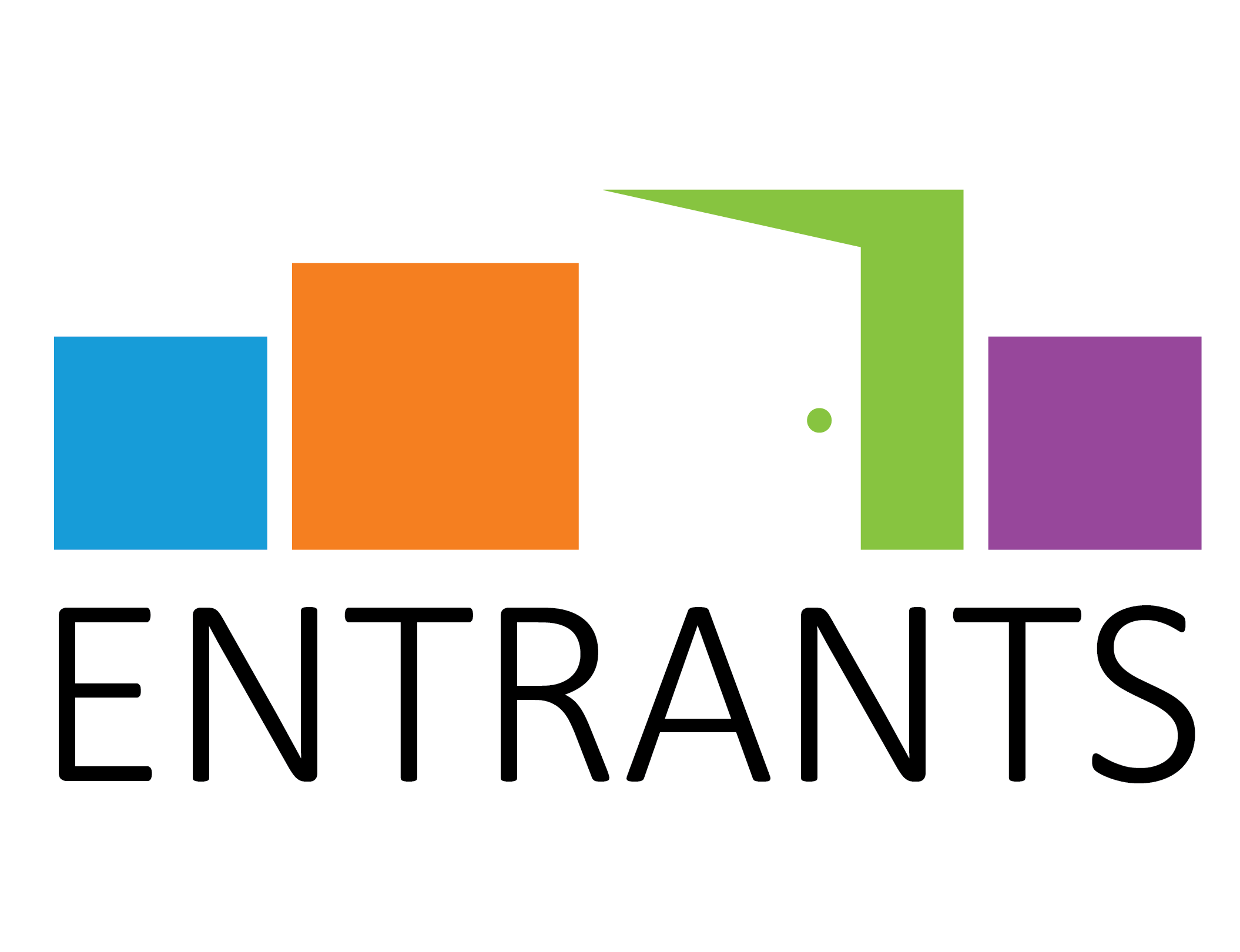
One of the project’s aims was to set up a comprehensive, anonymously available support offering that aids beginner students in adapting to academic life. By familiarizing beginners with available institutional support and coping mechanisms, ENTRANTS aims to reduce dropout rates and empower students to overcome challenges, ultimately contributing to successful graduation. Experience at Birmingham City University has shown that introducing novel support mechanisms to a beginner cohort is most effective as the support mechanism becomes part of their student experience from the beginning.
It was important to the consortium to aim for a result that could be easily adapted and transferred into existing infrastructure. Thus, two distinct approaches were adopted.
(A) BCU enhanced its existing “University Assistant” app.
This mobile application serves as a communication tool for the university to push content and messages to their students. When students sign up to the app, they select their course, year of study and residence. From these parameters, BCU is able to target information to specific groups, so students will only see information that is relevant to them. As well as being a communication tool by pushing content and updates, it also serves as a troubleshooting tool as it hosts a live chat which students can use to ask any questions they have. It also offers the ability to receive student feedback through polls. Find out more about BCU’s “University Assistant” App here
(B) Kompass Website
In the FH Upper Austria model, content is always accessible via a newly created web-platform (https://kompass.fh-ooe.at). The platform serves as an information portal. It bundles important (and often dispersed) advice and information on existing initiatives for beginner students to foster their academic and social integration.
FH Upper Austria collaborates with studo.com/at and regularly sends out notifications which are linked to https://kompass.fh-ooe.at via the Studo App (studo.at)
The website is available in English and German and is divided in three sub-sections:
- Life (how to find like-minded people, self-development)
- Study (how to deal with the academic workload)
- Orientation (how to find your way around campus)
The life section contains information on how and where to find new friends, good places to hang out at campus, existing interest groups or sports offerings, etc.
The study section focuses on learning strategies, self-management, work-life-study balance, etc.
The orientation section contains campus-related information dealing with infrastructure (including IT), becoming independent, etc).
The project team explored various formats and tools to deliver content in innovative and student-friendly ways (e.g., live-chat embedded in the University Assistant app, podcasts, videos, short articles, interactive elements)
In addition, a self-assessment was developed to evaluate one’s overall well-being.
Measuring attitudinal and personality constructs such as mindfulness, self-compassion, resiliency, procrastination and belongingness enables respondents to reflect upon strengths and challenges already at the beginning of their academic journey.

After filling in the questionnaire automatically generated feedback informs respondents about their individual results and provides tailored information and support mechanisms to improve their situation.
Examples for feedback:

The self-assessment is available in English [https://ex9937.customervoice360.com/uc/self-assessment/?a=en_GB;] and German [https://ex9937.customervoice360.com/uc/self-assessment/?a=de_DE )]
